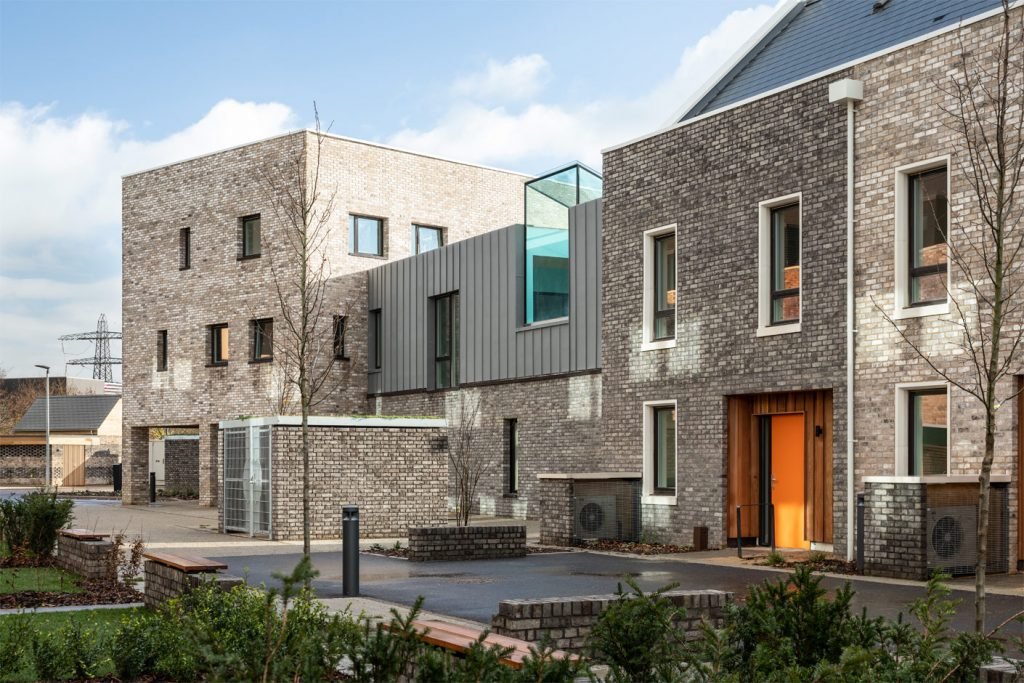UK: International Hospitality Media (IHM), publisher of Urban Living News (ULN), held its latest Feed Your Mind business breakfast debate in partnership with AHV Associates at The Reform Club in London.
The topic up for discussion focussed on operational real estate in living and working.
Andrew Harrington, co-founder of AHV presented on the key market forces underpinning the rise of the operational real estate market, notable participants and recent investment activity in the space.
George Sell, editor-in-chief at IHM then led a group discussion on the opportunities and challenges of the various sub-sectors such as build-to-rent (BTR), purpose built student accommodation (PBSA), coliving, extended stay, later living and coworking.
The key takeaways from the event include:
• Younger generations lead a disposable lifestyle compared to older generations whose wealth is tied up in static assets. Coliving projects are appealing to younger crowds based on the flexibility of leases and how monthly costs are packaged to include utilities and more.
• Coliving is a form of affordable housing and rents in Wembley are 20 per cent cheaper than BTR.
• The supply levels of PBSA are not meeting current demand. Compared to other sectors such as coliving, PBSA is better positioned from an investment standpoint for local governments to support future developments. More data is needed across all sub-sectors of operational real estate to kickstart the economy.
• The perception of coliving does not match up to reality. The effects of politics on the coliving sector can be seen in places such as Ireland (which has placed an embargo on new coliving projects) and Liverpool (which has tightened its planning criteria).
• Students leave PBSA over the summer and there’s opportunity to fill empty stock through conversion. Flipping PBSA rooms into pop-up hotels provide instant, affordable accommodation on a short-let basis.
• The fundamentals of development finance lending remain the same, but base rates are so far adrift from what we’re used to and more equity is needed to cover additional costs. Development joint ventures (JVs) might be the way forward.
• There’s overpricing in developments across London Zones 1 and 2. It’s difficult to secure finance and the cost of construction has risen dramatically. There are signs of distress with some residential completions achieving sales approximately 20-30 per cent off asking price.
• Serviced accommodation providers are trying to deliver hospitality service in an elevated living environment. That’s why BTR and PBSA operators are recruiting from hospitality because of the quality in service standards.
• Around 70 per cent of BTR occupiers in Canary Wharf used to work in the area. This number has now decreased to 35-40 per cent due to changing working patterns. There was an uplift in two bed apartments towards the end of the pandemic as people needed extra space to work from home, and Vertus has since made amendments to communal lounges with the addition of working space.
• Corporate and group travel is returning to the hotel sector. Subscription models can provide the flexibility for customers to work and stay across hotel portfolios.
Companies in attendance included Beaufort Capital, KSL Capital Partners, Lowy Group, ALTIDO, Charles Hope Apartments, Pro-invest Group, Lore Group, Christie & Co, Vertus, Resident Hotels, Dorsett Hospitality, Urban Rest Apartments, Sculptor Investments, Best Hospitality, CA Ventures, Luxgrove Capital and more.
For further details and to learn more about our Feed Your Mind thought leadership breakfasts and upcoming events, please email info@internationalhospitality.media.








